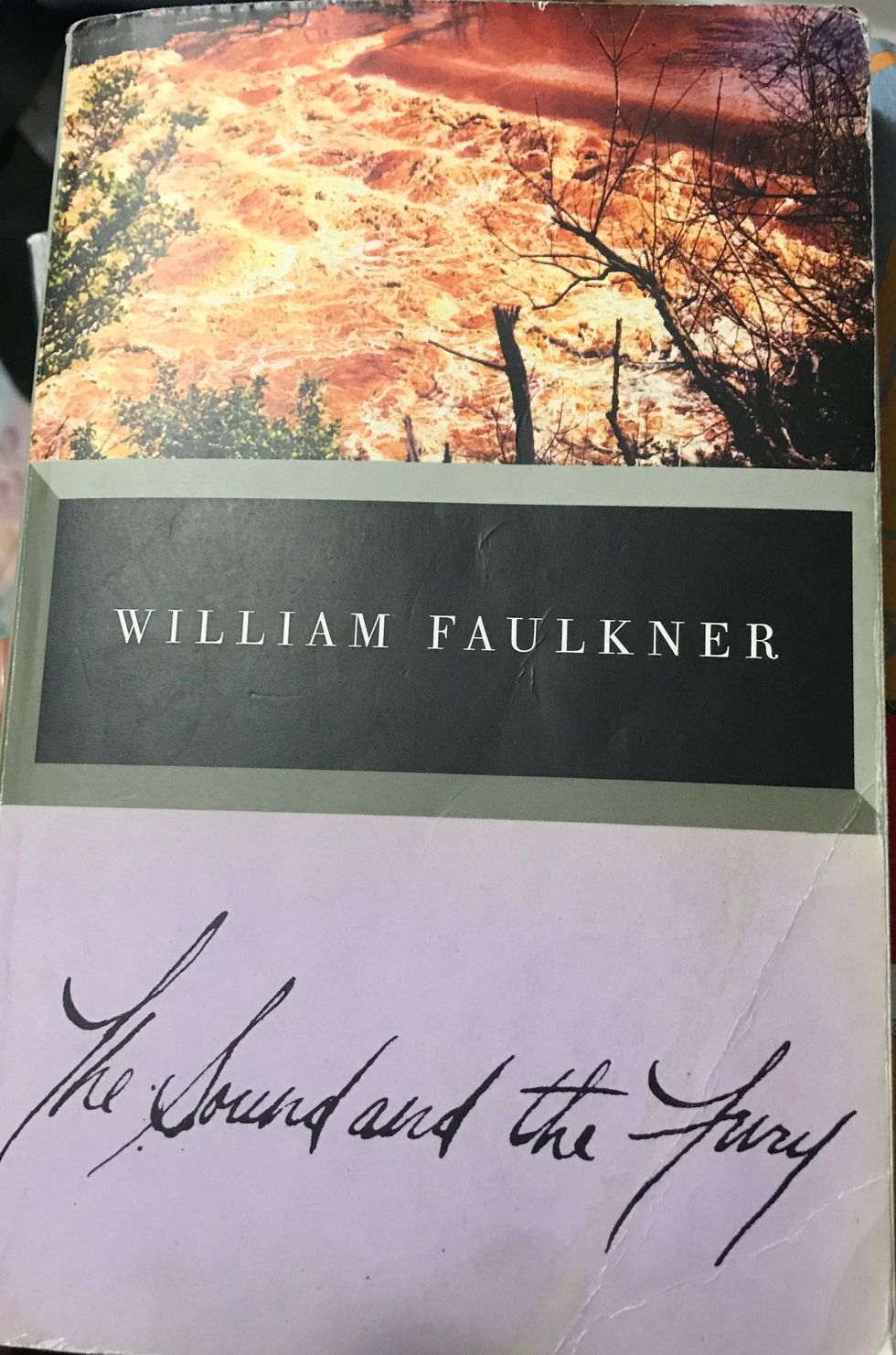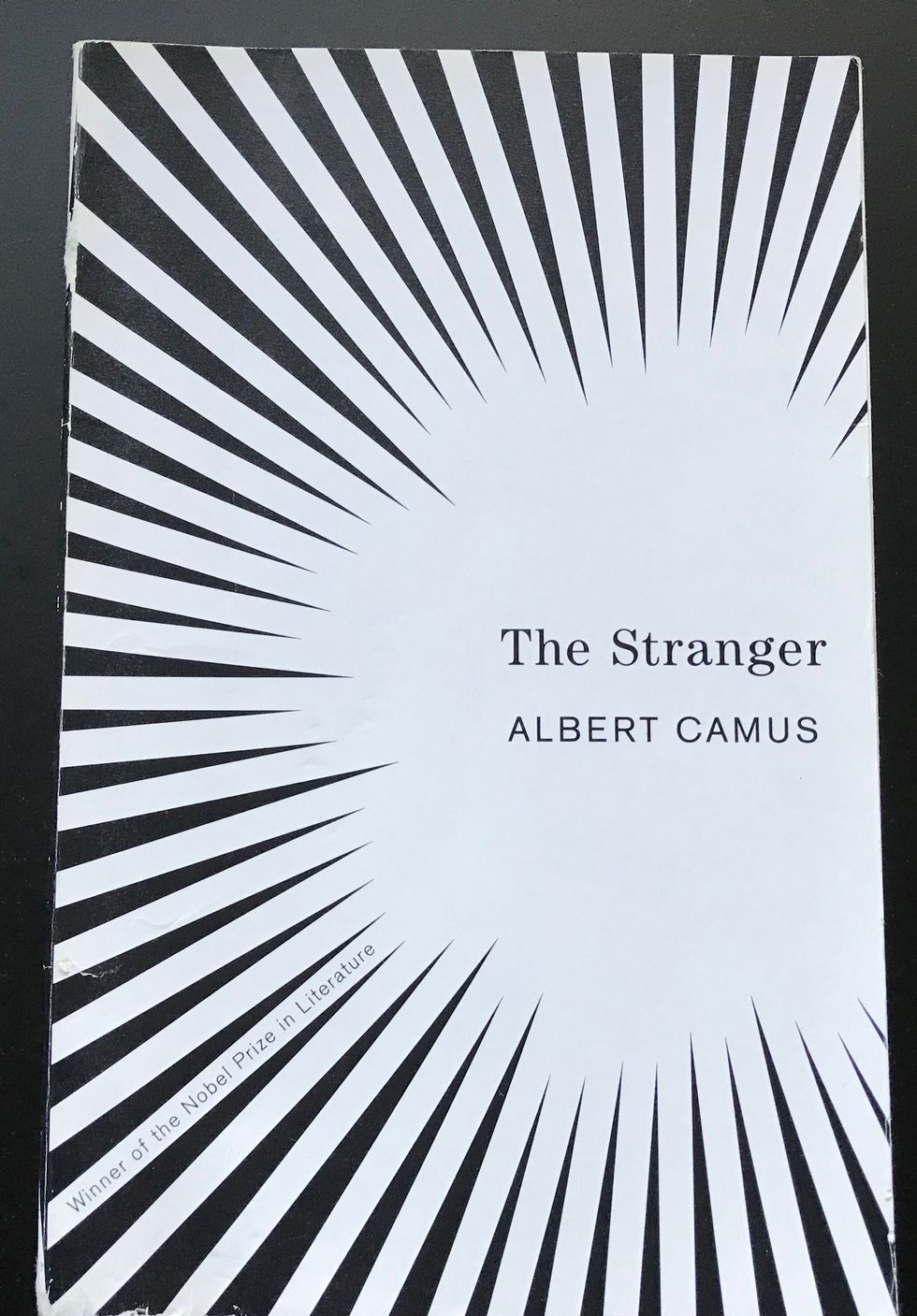English was that one class in high school that always received incredibly polarized reactions. Some students loved the class and enjoyed the written assessments as opportunities to grow. Many abhorred writing and hated the class, vocally conveying their frustrations while simultaneously infecting everyone around them with their annoyance. I tended to trend from the latter to the former—I began with annoyance and ultimately ended the year with appreciation for what I had gained from taking that class.
Regardless of a student's overall thoughts on English class, most agreed that the literature from these classes were enjoyable to read and meaningful works of art. The problem was that the class structure often muddled with a student's ability to appreciate the text and enjoy the reading process. Indeed, frequent comprehension and vocabulary quizzes caused many readers to focus on such minute details that they couldn't properly enjoy the test. As someone who enjoys English, even I'll admit that some assignments appeared more like busy work designed to create futile assessments rather than actually test us on our learning and reading approach.
Coming home for winter break, I peered into my bookshelf and found several of those high school works calling to me. Without the academic pressures to extract details from the text, I found myself enjoying and engaging with the passages I read in a way I couldn't always do in high school. It's almost as if lessening the academic pressure to succeed makes you more inclined to read with the enthusiasm and drive that the pressure fails to elicit from you. The texts aren't easy reads, nor are they usually written in simple language, but these works are certainly worth revisiting when you have a quiet moment in a busy day or week.
"The Odyssey" by Homer

Homer's epic poem receives such widespread attention for a reason—the tale of Odysseus' journey to Ithaca is a classic story with ideas that echo across literary and cultural waves. Though the Ancient Greek setting is a little bit alienating for modern readers, the characters and their interactions can still be appreciated without a full Classics degree from a university. Seeing Odysseus go from island to island as he loses crew members to his native land is a remarkable experience with several poignant moments littered throughout.
"Frankenstein" by Mary Shelley

As someone who doesn't enjoy most works from the Romantic era of art, it should be noteworthy that Frankenstein broke out of that barrier and became the exception. It's difficult to get into the story as the novel is told with the use of written letters conveying the plot, but once a reader adjusts to the writing style, the tale of a prodigal scientist's experiments in creating life and his attempts to destroy his own creation is both fascinating and horrific.
"Macbeth" by William Shakespeare

Plays are certainly harder to read, but if read with an audiobook playing in the background, Macbeth sings as a play about a king's fated rise to power and his fall. The conviction that the characters display as they speak is awe-inspiring, as are the ideas of fate and attempts to challenge it. King Macbeth's descent into corrupt leadership and his redeeming moment towards the climax of the play are worth witnessing, not just to appreciate the more eloquent Elizabethan language, but also to enjoy a character's development.
"The Sound and The Fury" by William Faulkner

If anyone says they fully understood this book when they first read it, they are lying and you should call them out for it. The plot's development is fragmented and non-linear, meaning time bounces back and forth without indicating the shift to the reader. This may appear daunting and turn away readers, but those who can stay will find a complex story of a dysfunctional family that experiences loss, suffering, and several other conflicts. Bearing witness to their suffering may not be pleasant, but seeing how they persevere in spite of these struggles enhances one's enjoyment of the novel.
"The Stranger" by Albert Camus

"The Stranger" is easily the easiest work to read on this list, but while the writing style isn't too tough, that doesn't mean the subject matter or the ideas follow suit. The narrator is a character who appears misleadingly simple on the surface as someone who doesn't care about anyone or anything, but he grows increasingly complex throughout the novel. Camus' work challenges our notions of what to expect out of a character and narrator while also challenging us to appreciate this character in spite of his crimes and his behavior. The work's brevity and style make it a quick read, but it will no doubt remain on a reader's mind well beyond their completion of the novel.
As you gear up to read something from high school, just remember to go in with an open mind, not one that's closed to learning something, but one that is receptive and willing to grow from their reading. Just remember that you're reading for yourself and not a cranky English teacher. This is no novel idea.


















